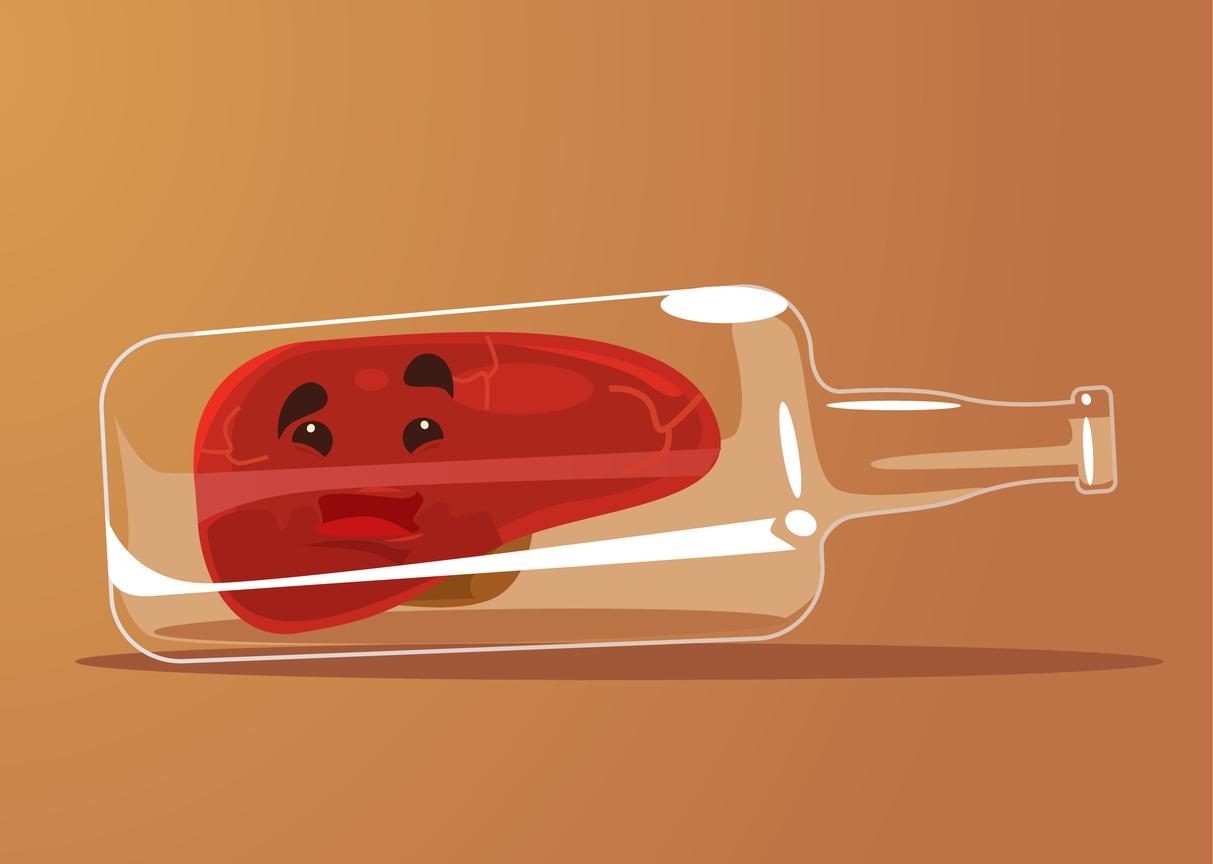In the United States, health authorities recommend putting labels on alcohol bottles to warn of cancer risks, similar to what is done for cigarettes. Experts are divided on the effectiveness of such a measure.

- The Surgeon General of the United States proposes labeling on alcohol bottles to warn of the risk of cancer.
- For some specialists, this could change the norm and views on alcohol consumption.
- But there is a risk of circumvention by companies and rejection by the population, if the message is too guilt-inducing.
Labels on bottles to warn of the risks of cancer linked to alcohol. Dr. Vivek Murthy, the United States public health officer and chief medical officer, made this recommendation on January 3. In a articleseveral experts from Northeastern University, located in Massachusetts, debate the effectiveness of such a measure.
Alcohol and cancer: changing the way we look at alcoholic beverages
For these specialists, labeling on cancer risks could trigger discussions about alcohol and its consumption. Richard A. Daynard, a law professor at Northeastern University and president of the Public Health Advocacy Institute, said it could dissuade some people from having a second glass of wine, or even help them not drink at all. “Introduction of label could trigger public debatehe believes. There could be a contagion effect, a change in social norms, if enough people took it seriously.” This measure could also help young non-drinkers, who may be judged for their non-consumption. “If the norm changes – and other drinks or activities become the norm – it could have a big impact“, considers the lawyer.
Doubts about the effectiveness of labels to warn of the risk of cancer linked to alcohol
But not all specialists share this opinion. Marketing expert Chad O’Connor is pessimistic. “I think it is unlikely that we will see a significant drop in consumption without strong images and warnings.he warns. For example, cigarette packs with pictures of lungs blackened by years of smoking are more effective than saying that smoking causes cancer.” He also fears that alcohol manufacturers will circumvent the new rule to continue selling their products. “If they are obliged to put up a warning, they will try to do so in a way that attracts as little attention as possible and stands out as little as possible, unless there are clear regulations on how to do this. “he warns.

Cancer and alcohol: behaviors that are difficult to change
Richard A. Daynard raises another fear: that the warning message becomes “one among many”. The president of the Public Heat Advocacy Institute believes that some people, faced with the many prevention messages, risk saying to themselves: “Everything is dangerous, so why not forget it and live a little“For Elizabeth Glowacki, health communications expert, it is essential not to feel too guilty.”It’s important that messages or campaigns don’t just tell people to stop drinking, because according to reactance theory, people don’t like being told what to do or what to do. ‘we restrict their freedom, she explains. They may end up doing the opposite and, in some cases, engaging in even more extreme or dangerous forms of this behavior.”
















